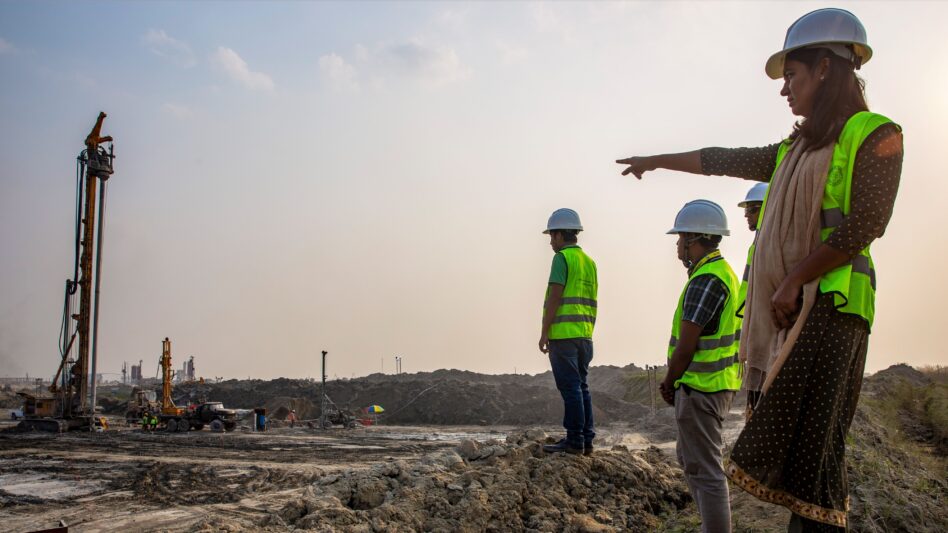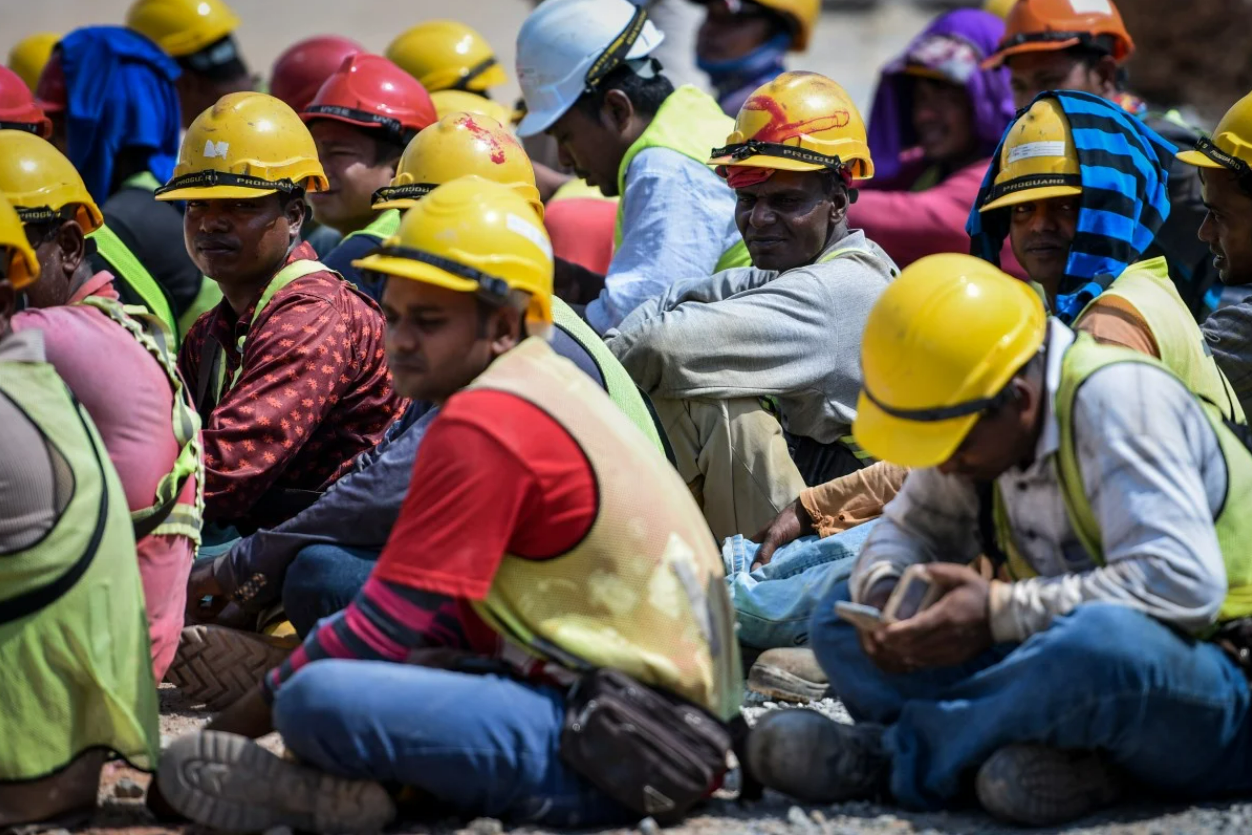Letter to editor
POLITICAL instability in Bangladesh presents significant challenges to the availability of Bangladeshi workers in Malaysia. Malaysia heavily relies on this labour force to sustain key industries such as construction, manufacturing, and plantations.
The processing of work permits and visas may experience administrative delays and disruptions due to the instability, resulting in a significant decrease in the flow of migrant workers to Malaysia.
Moreover, the economic uncertainty in Bangladesh may discourage potential migrants from leaving the country, further reducing the number of available workers.
Furthermore, recruitment agencies in Bangladesh may encounter operational difficulties in an unstable environment, leading to fewer recruits and deployment delays.
Consequently, this shortage of labour supply could lead to labour shortages in Malaysia, particularly in sectors that heavily depend on foreign workers.
Consequently, Malaysian employers may need to raise wages and improve working conditions to attract local workers, thereby increasing labour costs and potentially impacting the overall competitiveness and growth of these industries.
These disruptions could have a ripple effect, slowing down projects, reducing production output, and straining Malaysia’s economic development.
Specific sectors of the Malaysian economy are most vulnerable to disruptions in trade and labour supply from Bangladesh
The Malaysian economy is highly susceptible to trade and labour disruptions from Bangladesh, especially in sectors like construction, manufacturing, and plantations.
These industries heavily rely on Bangladeshi workers to fill gaps in the labour force, as these jobs are often less appealing to locals due to their demanding nature and lower wages.
A reduced supply of Bangladeshi labour could result in significant labour shortages in these crucial sectors, compelling employers to raise wages and provide better benefits to attract local workers. Consequently, operational costs would increase.

The construction sector, which relies on a steady labour influx to complete infrastructure and development projects on time, may encounter delays and cost overruns.
The manufacturing sector, particularly in labour-intensive industries, might experience a decline in productivity and higher production costs, negatively impacting Malaysia’s competitiveness in the global market.
Additionally, the plantation sector, which plays a vital role in Malaysia’s agricultural output, could face decreased productivity, thus affecting exports and revenue.
Moreover, trade disruptions, particularly in textiles and electronics, could further compound these challenges as reduced output in Bangladesh may lead to import and export delays, disrupting the supply chain and increasing costs for Malaysian businesses.
Steps the Malaysian government may take to mitigate the potential economic fallout from the situation in Bangladesh
In response to the potential economic consequences of political instability in Bangladesh, the Malaysian government and industries may consider various strategic measures to minimise the impact.
One important strategy is diversifying Malaysia’s labour force by recruiting workers from other countries like Nepal, Indonesia, and Myanmar.
This would decrease Malaysia’s reliance on Bangladeshi labour and ensure a more stable supply of workers for critical industries such as construction, manufacturing, and plantations.
Additionally, the government may adjust labour policies to make local jobs more appealing to Malaysians. This could involve offering higher wages, better benefits, and improved working conditions.

These measures aim to encourage greater participation of local workers in sectors that have traditionally been dominated by foreign labour. To address potential trade disruptions, Malaysia may seek to strengthen economic relationships with other South Asian countries like India and Sri Lanka, as well as with ASEAN neighbours such as Indonesia, Thailand, and Vietnam.
Expanding trade agreements with emerging markets in Africa and the Middle East could also provide alternative markets, reducing the country’s dependence on Bangladesh.
Furthermore, efforts to support existing Bangladeshi workers in Malaysia, such as extending work contracts and enhancing social services, could help stabilise the workforce and maintain productivity during uncertain times.– Aug 11, 2024
Dr Nivakan Sritharan
Swinburne University of Technology Sarawak Campus, faculty of business, design and arts
The views expressed are solely of the author and do not necessarily reflect those of Focus Malaysia.
Main image: www.scmp.com









